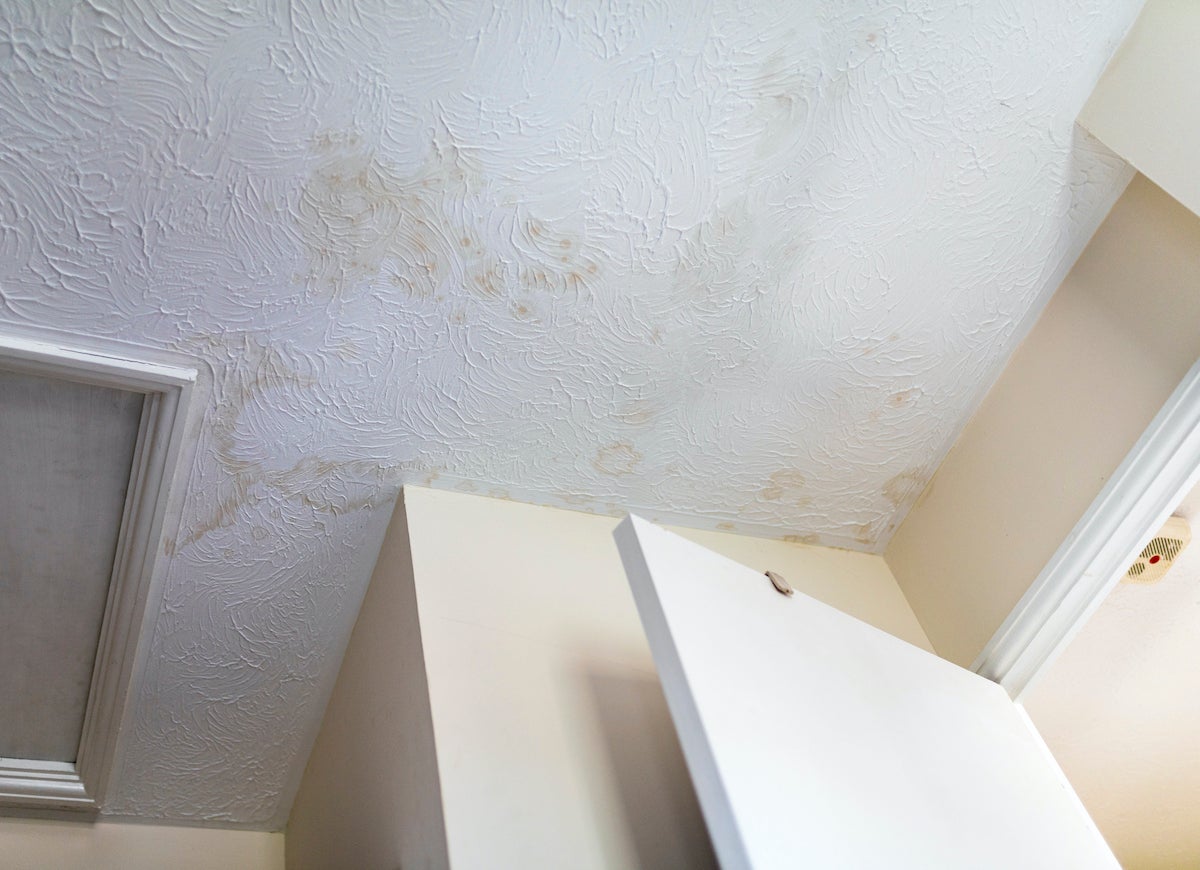

We may earn revenue from the products available on this page and participate in affiliate programs. Learn More ›
Home Advice You Can Trust
Tips, tricks & ideas for a better home and yard, delivered to your inbox daily.
By signing up you agree to our Terms of Service and Privacy Policy.
Family Drama

The grief related to losing a parent and the subsequent selling of the family home can bring out the worst family dynamics. Some family members may be consumed by grief, unable to make decisions, while others flat-out don’t want to sell. You may need to get a mediator involved to negotiate, and you should have an estate lawyer present to make sure costly mistakes aren’t made in the process.
You Need to Secure the Property

It’s not something you might think about, but you need to change the locks immediately to secure the property. If someone who believes they have a claim to inherit the home moves in, it can be difficult to get them out, and can add a layer of complications to the process that you don’t want or need.
Related: How to Change a Door Lock in 7 Steps
Everything Is Outdated

It’s likely the home has become outdated if it was lived in by elderly parents. You’ll need to do some work to make it marketable, but focus on the cosmetics like paint, new carpets, and landscaping. You won’t recoup money on major renovations, so let the new owners take that on.
Probate May Take Longer Than You Want

The estate needs to go through probate before you can sell any property. If the estate is relatively small (under a few hundred thousand dollars) you can go through the summary probate process, which doesn’t require legal counsel, and doesn’t take too much time. But if it’s a larger estate, you’ll have to wait for the regular probate process to conclude before you can put the property up for sale.
Inheritance Tax

All inheriting family members will split the proceeds of the home’s sale according to the deceased’s will. They will also split the burden of the tax on any gains realized from that sale. That gain is calculated as the difference between what the home was worth upon the death of the owner and what it was sold for. Each sibling needs to claim their share on their personal taxes for that year.
It’s Going to Cost Some Money

You will need to spend some money to get the family home on the market. From fixing a leaking roof to stripping old wallpaper, there will be expenses—even if you do the work yourself. It’s already a stressful situation, so it will be worth hiring professionals to take care of as many tasks as possible. Keep track of all of these costs, and who paid for them, so a proper reckoning can be made upon the home’s sale.
Related: How to Hire the Right General Contractor for Your Project
Cash Investors Will Come Calling

Be aware, probate records are public, and there are many investors who use those records to contact families during the probate process regarding a sale. Family members may receive multiple cash offers via email and letter, and if they are in debt themselves, the offers may be tempting. These offers will never be the best price, though, and will likely be well under market value.
Liens

You won’t be able to close on the sale of the family home until all liens have been satisfied. That includes Medicaid claims (a “MERP” claim) as well as liens for any work done on the home that hasn’t been paid for. All financial obligations associated with the property need to be satisfied before anyone can realize any profit from its sale.
So Much Clutter. So Many Triggers.

Cleaning out the family home is both physically and emotionally draining. Sifting through objects with personal history, both large and small, are bound to flood you and your siblings with memories, good and bad. It’s worth hiring a professional organizer to help you declutter. Emotions can easily cloud your judgement, and having someone involved with no attachment can make navigating the process less painful.

All You Need to Care for Your Lawn & Garden
Keeping your grass green and your plants thriving doesn’t just take a green thumb—it starts with the right tools and supplies.